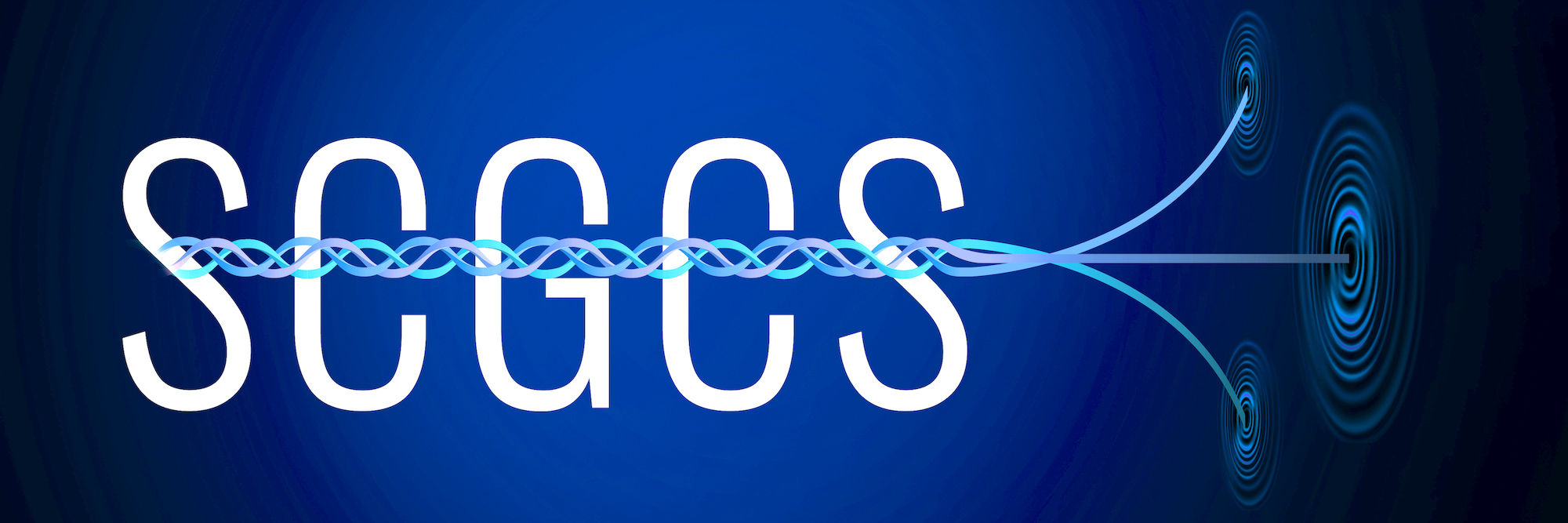Atlantic TQFT Spring School 2024
May 20–24, Atlantic Algebra Centre, Memorial University Newfoundland.
Précis
Topological Quantum Field Theory (TQFT) provides a powerful organizing framework for many areas of mathematics and physics. TQFT originated in algebraic topology in the 1980s, when a number of new topological invariants were discovered (notably, the Donaldson invariants of 4-manifolds and the Jones polynomial invariants of knots and links), and eventually given quantum physical interpretation by Atiyah, Witten, and others. Meanwhile, inspired in part by phenomena in particle physics, representation theorists began investigating types of "integrability" that went beyond the classical integrable systems. This led to the development of quantum groups and the TQFTs of Reshetikhin and Turaev, and ultimately the theory of fusion and modular tensor categories and their representations.
In more recent decades, TQFTs, originally seen by most physicists as a mathematical curiosity, have become a vital tool for analyzing quantum physical systems. TQFTs describe the effective long-range behaviour of many types of (ultraquantum) insulator, and also explain why some insulators have enforced boundary conductance (through, for example, the quantum Hall effect). TQFTs offer an enticing environment for quantum computing, because they offer a way of encoding data in the topology of a system which will be protected from noise (at least, within the energy range in which the TQFT approximation is effective). Finally, TQFTs turn out to be the ideal language for understanding the "symmetries" of quantum systems, including "higher" and "quantum" symmetries, and through this application have in the last year or two started to be used to address long-standing questions in fundamental physics including the Yang–Mills mass gap, the neutrino masses, and the nature of dark matter.
This Spring School will provide an introduction to some aspects of TQFT. The intended audience are early- and mid-career graduate students; more advanced students are also welcome. Students are expected to know the language of category theory, but are not expected to be experts in topology or quantum field theory. Priority will be given to students from Atlantic Canada and to students from groups traditionally underrepresented in mathematics.
Classes and instructors
-
Jenny Brown (University of Edinburgh), Skein Theory
Meng Guo (University of Chicago Urbana-Champaign), SPT Phases and Manifold Invariants
Lukas Müller (Perimeter Institute for Theoretical Physics), Modular Operads
TAs: Leon Liu (Harvard University) and Emily McGovern (North Carolina State University).
Registration
Interested participants should apply before March 31, 2024.
There is no registration fee. The direct costs of housing will be covered for all current graduate students (more advanced researchers who wish to participate are expected to cover their own housing). Some limited funding will be available to help offset transportation costs.
For questions, please write to the organizers:
-
Luuk Stehouwer, luuk@dal.ca
Theo Johnson-Freyd, theojf@dal.ca



